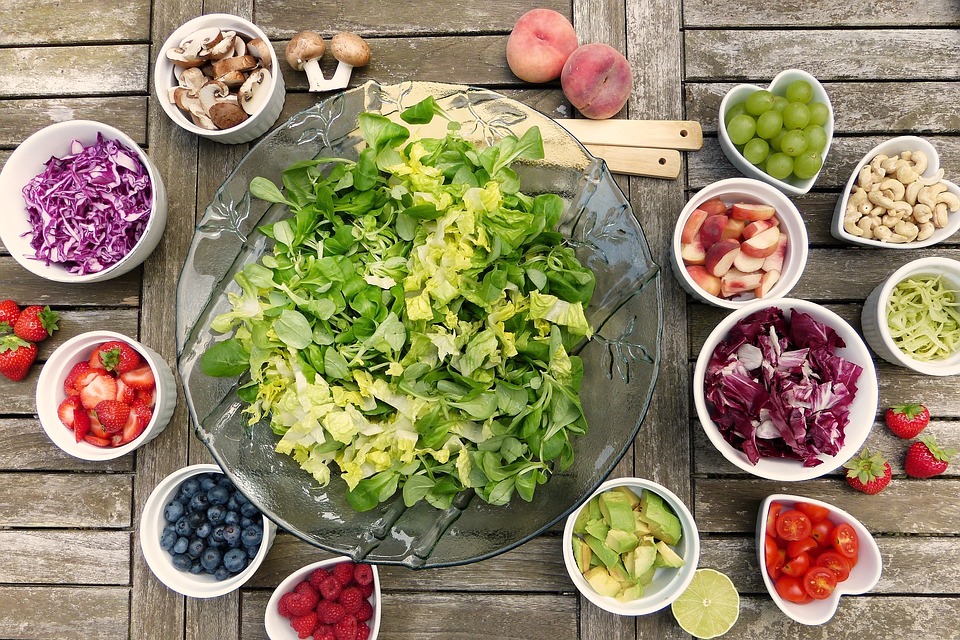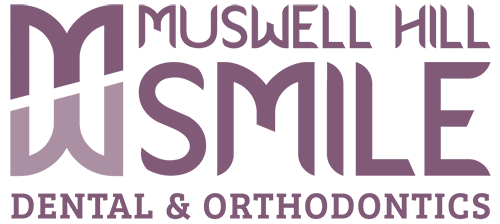

There are several risk factors for oral cancer, including those you can’t do much about like your genetic makeup or unknown elements in the environment. But there are factors you can influence with your actions.
The relationship between diet and oral cancer is complex and not fully understood at present. A number of foods and food products have been associated with the development of oral cancer and some foods, nutrients, and supplements have been linked to cancer prevention.
You’re probably familiar with the links between tobacco use (both smoked and smokeless) and oral cancer. But excessive alcohol use could also increase your risk. Some specific dietary foods or ‘formulations’ appear to cause oral squamous cell carcinoma. For example, in India and Asia, the chewing of areca nuts, betel nuts, paan, and gutka has been significantly correlated with the development of oral squamous cell carcinoma
What you eat or don’t eat could also influence your cancer risk. Research over the last half century has uncovered a link between diet and cancer. Cancer development seems to begin with damage to DNA, the genetic material that “tells” each of our cells what it is and what it does in the body. Substances called carcinogens found in the environment (including the foods we eat) can damage our DNA and open the door for cancer to develop.
But some foods also contain elements that protect our DNA from carcinogenic damage. Some of these are known as antioxidants, which protect cells from unstable molecules called free radicals. You’ll find antioxidants, as well as other protective substances like fiber, vitamins and lycopene in plant-based foods, particularly fruits and vegetables.
Bellow nutrients/foods that might be recommended to reduce cancer risk including:
– Potatoes, carrots, cantaloupe, squash, apricots, pumpkin, mangos, some green leafy vegetables such as collard greens, spinach, and kale.
– Liver, sweet potatoes, carrots, milk, egg yolks, and mozzarella cheese (which contain Vitamin A)
– Vegetables, cereals, poultry, and fish (which contain Vitamin C)
– All categories of fruits, non-citrus fruits, and citrus fruits.
Foods that are known to increase cancer risk include:
– Areca nuts, betel nuts, paan, gutka
– Animal fat
– Canton-style salted fish
– Canton-style preserved vegetables and preserved/cured meat
The intake of alcohol also increases oral cancer risk, especially in a woman with low folate intake.




